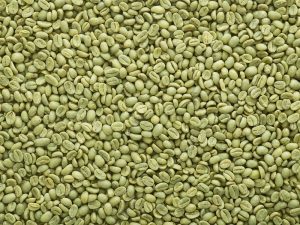The wash process is a common method used in coffee bean processing. In this process, the outer cherry of the coffee fruit is removed, and the beans are washed to remove any remaining fruit residue. This method helps to achieve a clean and bright flavor profile in the final cup of coffee. The wash process is often compared to natural and honey processing methods, which involve different levels of fruit fermentation. These variations in processing can significantly impact the taste of the coffee, with wash-processed beans typically producing a cleaner and more balanced flavor.
Natural process coffee, also known as dry process coffee, is a unique method of processing coffee beans that results in a distinctive flavor profile. In this process, ripe coffee cherries are harvested and spread out in the sun to dry naturally. The cherries are left intact during this drying process, allowing the natural sugars and flavors to infuse into the beans. As the cherries dry, they turn dark and shrink, creating a sweet and fruity essence in the beans. Once fully dried, the outer skin and pulp are removed, revealing the green coffee beans inside. Natural process coffee is loved for its vibrant and fruity taste, making it a popular choice among coffee enthusiasts who appreciate its natural and complex flavors.

Green coffee beans
The honey process is a unique method used to process coffee beans that results in a distinct flavor profile. To begin, ripe coffee cherries are carefully handpicked, ensuring only the finest quality beans are selected. Instead of removing the skin and pulp like in the traditional washed process, the honey process retains some of the fruit mucilage surrounding the bean. The beans are then spread out to dry, allowing natural fermentation to occur. During this time, enzymes from the mucilage break down and impart a natural sweetness and fruity flavor to the beans. The length of the drying process can vary, resulting in different intensities of flavor. Once the beans have reached the desired moisture content, they are hulled, sorted, and ready for roasting. The result is a cup of coffee that is characterized by its vibrant and complex taste, with hints of sweetness and fruitiness that can vary depending on the specific honey process used.
